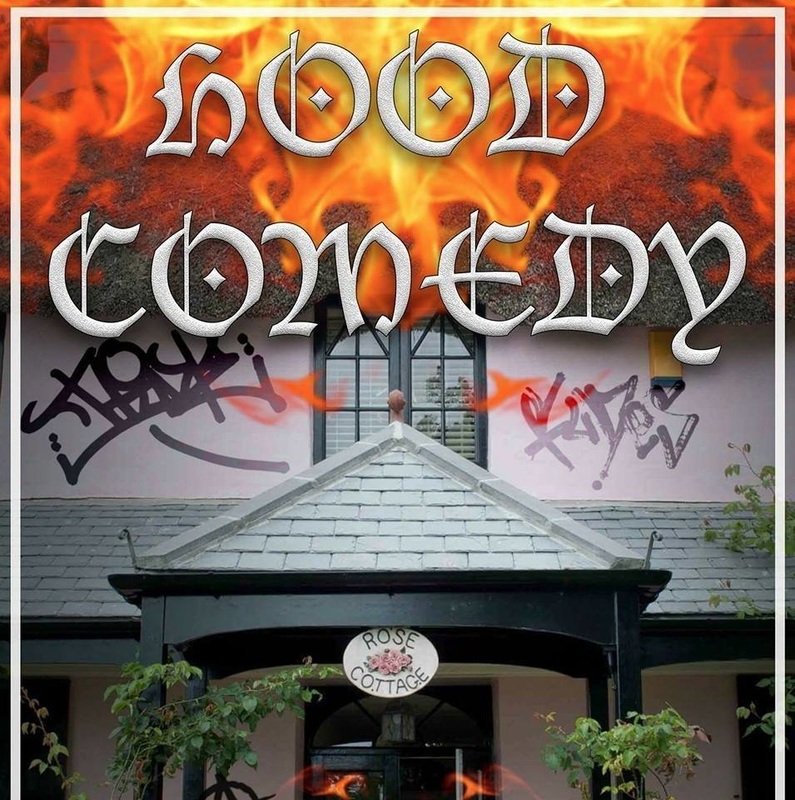Bethany Miller
The awkward styles, while they may have some correlation with personality, nerves etc, also resonate hugely with the dry humour that is seemingly unique to New Zealand. Advert Kirtikar is a stand-out for me. His approach is similar to that of comedian and actor Cori Gonzalez-Macuer, but with an even heavier level awkwardness. Kirtikar’s set may not be successful from a traditional stand-up point of view, demanding a constant stream of laughter (which, by the way, was difficult to attain for many due to the audience size). However, moments of explosive laughter outweigh the long durations of quiet, and what’s more, the audience warms up increasingly after his “shopping list” twist. Another uniquely beautiful comedy moment is his contextually unpopular non-alcoholic stance. Kirtikar voices the opinion that alcohol helps you socialise, before twisting it with the surprise statement “But I actually hate socialising”. The combination of an unpopular stance with admitting a trait that seems inherently opposing to the the comedian persona makes this joke hugely clever, brave and progressive.
It is also fascinating being let somewhat into the internal monologue of the comics, through their conversational and ‘meta’ style. The comics and MC frequently interview the audience or respond to our vocal reaction. They will even comment on a joke that falls flat and whether it is now purged from the next gig’s setlist. Some might call this highlighting of ‘failure’ bad practice, but I appreciate the conversational metatheatricality. It builds connection and empathy, not to mention re-energising the comedic momentum with new laughs that were previously void. Kirtikar adds an extra layer of redemptive tact through his “shopping list” motif, where he will simply comment, “Ooh, that one’s coming of next time’s shopping list”.
Having not come from a strong stand-up background, it is admittedly not a genre I fully understand nor appreciate yet. I enter fresh, but also apprehensive, as my impression of stand-up is generally offensive, ‘dirty’, and masculine. Although I am pleasantly surprised at the comparatively ‘tameness’ of this show, I still find myself cringing at some of Chandrahasen, Huntington and Zimmerman’s race related jokes, Hansby and Kan’s arguably grotesque sexual imagery and themes, and Zimmerman’s stories about having homosexual flatmates. Nevertheless, this is not to say that the jokes are necessarily discriminatory. It has taken me a huge amount of post discussion and reflection to reach an understanding of the potential value of non-censorship at the risk of offense. The ideology of comedy as a political platform for voicing taboos and political issues is known among other theatre and art forms. When it comes to stand-up, the technique comes across regressive rather than progressive at first glance. Nevertheless, I begin to understand that facades of racism, homophobia and so on, can actually be a tool for questioning where our discomfort comes from, and sometimes expressing concerns the comedian is deeply passionate about. I find this effect particularly evident in reflection of the confronting race related jokes. Huntington and Zimmerman both ridicule Apartheid racism and Chandrahasen reveals society’s current obsession with calling out racism and exoticism itself. He mentions a cultural food stereotype before shouting, “racial!” (instead of “racist”), perhaps satirising the current ‘Social Justice Warrior’ phenomenon.
Considering what seemed like a slight majority of women in the audience, I was disappointed there were no appearances from female comics. However, Chandrahasen put in a comedy plug at the end for Dank Comedy with Louise Beuvink (Friday 18 November at the Fringe Bar), and Oliver Scripps spontaneously facilitated an impromptu open-mike session after the official show which saw a whole range of people take the stage (including me!). This unexpected section, though awkward at moments, was a beautiful and encouraging way of including everyone with extremely low stakes, no need for experience or code knowledge and no judgement. Many one-liners ensued and that was perfectly appropriate.
Hood Comedy is a Koha event produced by Oliver Scripps that offers a unique twist on the mainstream stand-up gig. It returns to a Wellington flat with a new line-up every month. Find out more about the unique indie initiative and their next 10 December show at the “Hood Comedy Wellington” Facebook page.






